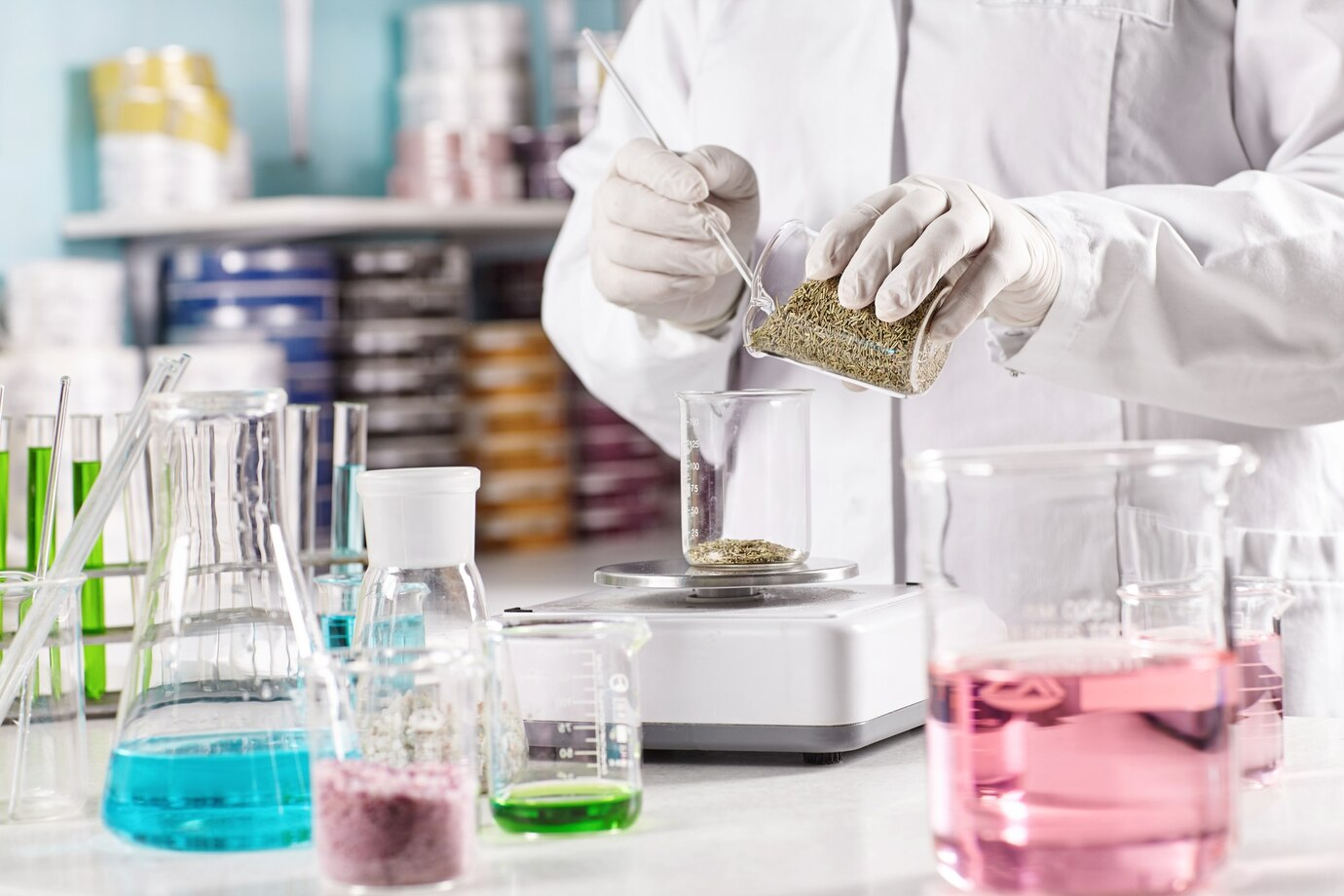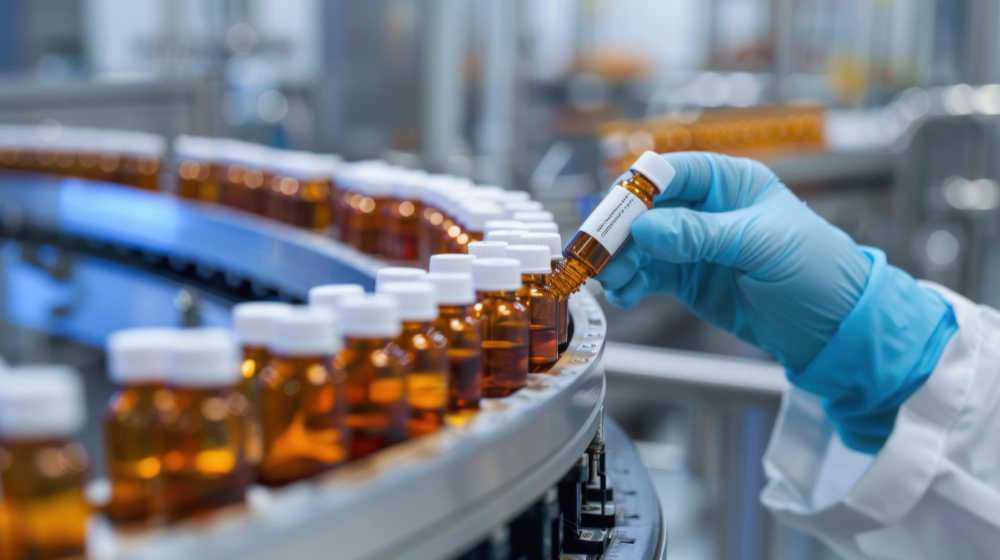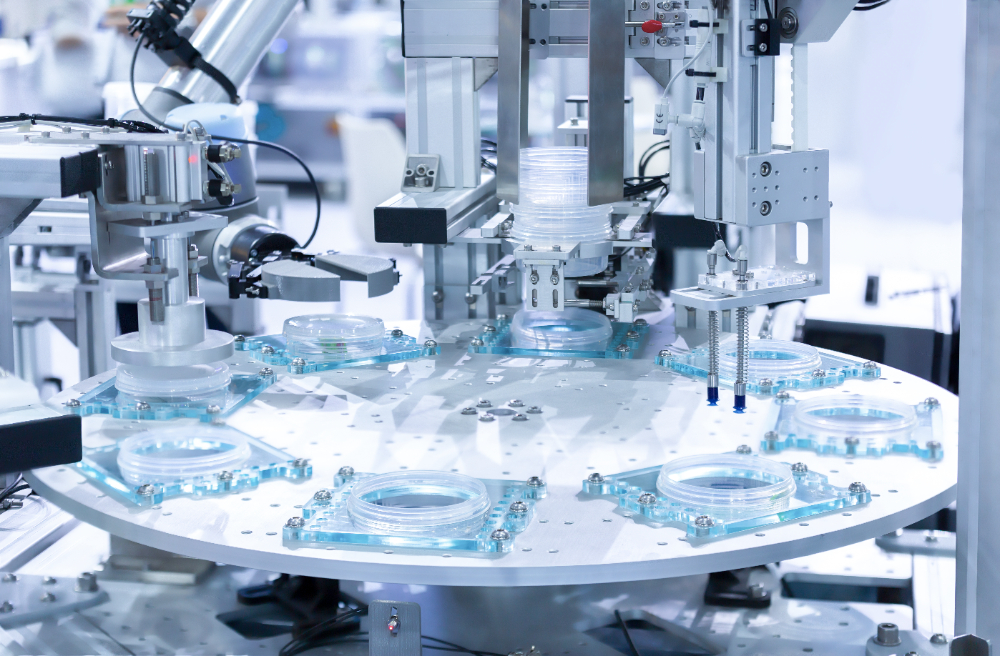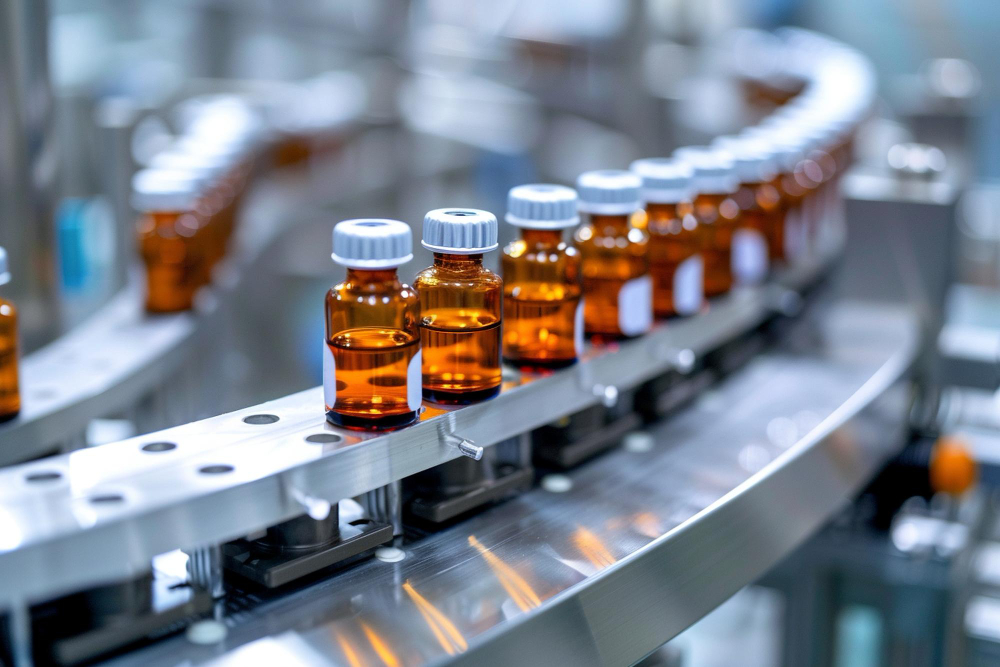
Despite the debate about whether drugs and medications should be continuously taken due to the side effects and the advent of alternative healing, such are still considered a person’s lifeline.
Drugs help treat symptoms, manage chronic conditions like pain, and even save lives. However, did you ever wonder how they are made and tested? Embark on a journey with Canaan as you explore the processes. First, here’s the discussion’s outline:
– The common ingredients of medicines
– Where do we get medicines from?
– How medicine is made
– How are they tested?
Of course, medicines can’t be tested and made without the ingredients complete. Most drugs are made with the synergy of their active and inactive ingredients.
Some of the most common active ingredients are the acetaminophens fever reducer, ibuprofens for pain relief, aspirins for blood thinning, the diphenhydramines antihistamine, and the like.
Meanwhile, binders, fillers, lubricants, coatings, preservatives, and color additives are some of the most widely common inactive ingredients.
Unlike their competitors, herbal medicines, which are sourced from plants and resources from nature, medicines may come from various sources depending on the product and the manufacturing process.
For instance, the active components are not just from plants, but also from animals and synthetic compounds. A sub-type, the biologic active ingredients, can come from microbes and animals as well.
On the other hand, the inactive components of your medicines may be sourced from sugars, starches, minerals, and similar variants.

Understanding how medicine is made may involve you getting to know about chemistry. Medicines are created through complex processes that constitute chemical synthesis or natural extraction.
Drugs created using the first option are produced through the combination of substances in controlled reactions to create, as part of the initial step, the active ingredients. These ingredients are then formulated into tablets, creams, or injectables. Note that this process is distinct from the isolation of the active ingredients of plants or organisms when creating alternative drugs.
In addition, the creation of drugs involve extensive research, and pre-clinical trials and tests to ensure safety and efficacy. Nowadays, technologies are used to bolster the design of medicines, too. That’s every basic information you need to know about how to create medicine. What about testing them?
While initial tests are also involved with the ingredients used to make medicines, the actual testing of the product comes after the medicine is made, but not yet for mass production. It is only after medicines are tested right when mass manufacturing will commence. Here are the basic steps in the testing of medicines:

The importance of making medicines using the right processes and testing them cannot be overstated or understated. The safety and the lives of the patients are what’s at stake, so pharmaceutical companies should never miss a point.
Are you looking for advanced ways to manufacture the drugs you offer? Consider investing in pharmaceutical equipment from our brand, Canaan. With our catalog of equipment, you can guarantee your consumers and patients will keep trusting you in the several years to come. Our team is here to help. Feel free to chat with a Canaan representative today to discuss your needs.
Resources:
What’s in Your Medicine? A Guide to Ingredients
Exploring the Manufacturing and Testing Processes of Pharmaceuticals




Manufacturing pharmaceutical products should always be taken seriously. That is, every process must follow the strictest and highest standards. This is the very reason why manufacturers prefer hiring an EPC contractor. Contractors working under EPC contracts will ensure the outcomes are of the best quality no matter what happens, focusing on the construction of the […]

Explore the importance of EPC contracts in pharmaceutical manufacturing. Learn how EPC works, its benefits, and why choosing an EPC contractor can guarantee project success with Canaan’s industry-leading equipment.

Discover how SCADA and PLC improve automation in the pharmaceutical industry. Learn their roles, benefits, and how Canaan’s advanced technology enhances efficiency and safety.